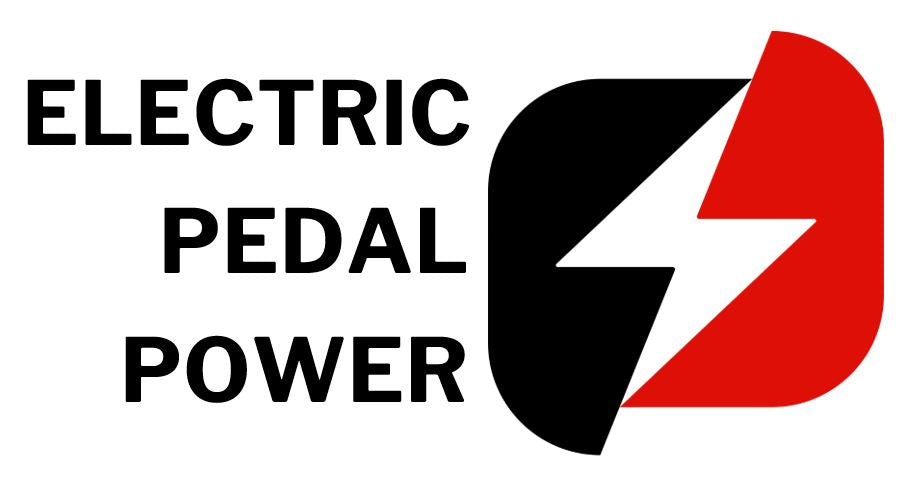When an ebike motor with broken Hall sensors is louder on takeoff compared to when it is moving faster, it's likely due to the way the motor controller and the motor itself respond to the sensor malfunction. Hall sensors play a crucial role in controlling the motor's operation and providing feedback to the controller. Here's why you might observe this behavior:
-
Lack of Position Feedback: Hall sensors are used to determine the rotor's position within the motor. This information is critical for the motor controller to apply the appropriate amount of power to start the motor and control its speed accurately. When the Hall sensors are broken, the controller may struggle to determine the rotor's position correctly, leading to a less smooth and more abrupt startup.
-
Inefficient Startup: Without accurate position feedback, the controller may initially apply a higher level of power to ensure that the motor starts moving. This can result in a sudden and noisier takeoff as the motor tries to overcome inertia.
-
Sensorless Mode: Some motor controllers are designed to operate in a "sensorless" mode when Hall sensors fail or are not present. In sensorless mode, the controller relies on back-EMF (electromotive force) to estimate the rotor position. While this can work well at higher speeds, it may struggle during low-speed takeoff, leading to rough and noisy operation until a minimum speed is reached.
-
Timing and Synchronisation Issues: When Hall sensors are functioning correctly, they help the controller synchronise the commutation (switching) of the motor's phases with the rotor's position. Without this synchronisation, there can be timing issues during startup, causing noise and vibration.
As the motor gains speed, it becomes easier for the controller to estimate the rotor's position, and the motor can operate more smoothly and quietly. Additionally, once the motor reaches a certain speed, it may switch to a different control mode, such as field-oriented control, which relies less on Hall sensor feedback and more on the motor's inherent characteristics, resulting in quieter operation.
In summary, a broken Hall sensor can lead to a louder and less smooth takeoff because the motor controller has difficulty accurately controlling the motor's startup without the crucial position feedback. However, as the motor gains speed and other control mechanisms come into play, the noise tends to diminish, and the motor operates more quietly.

